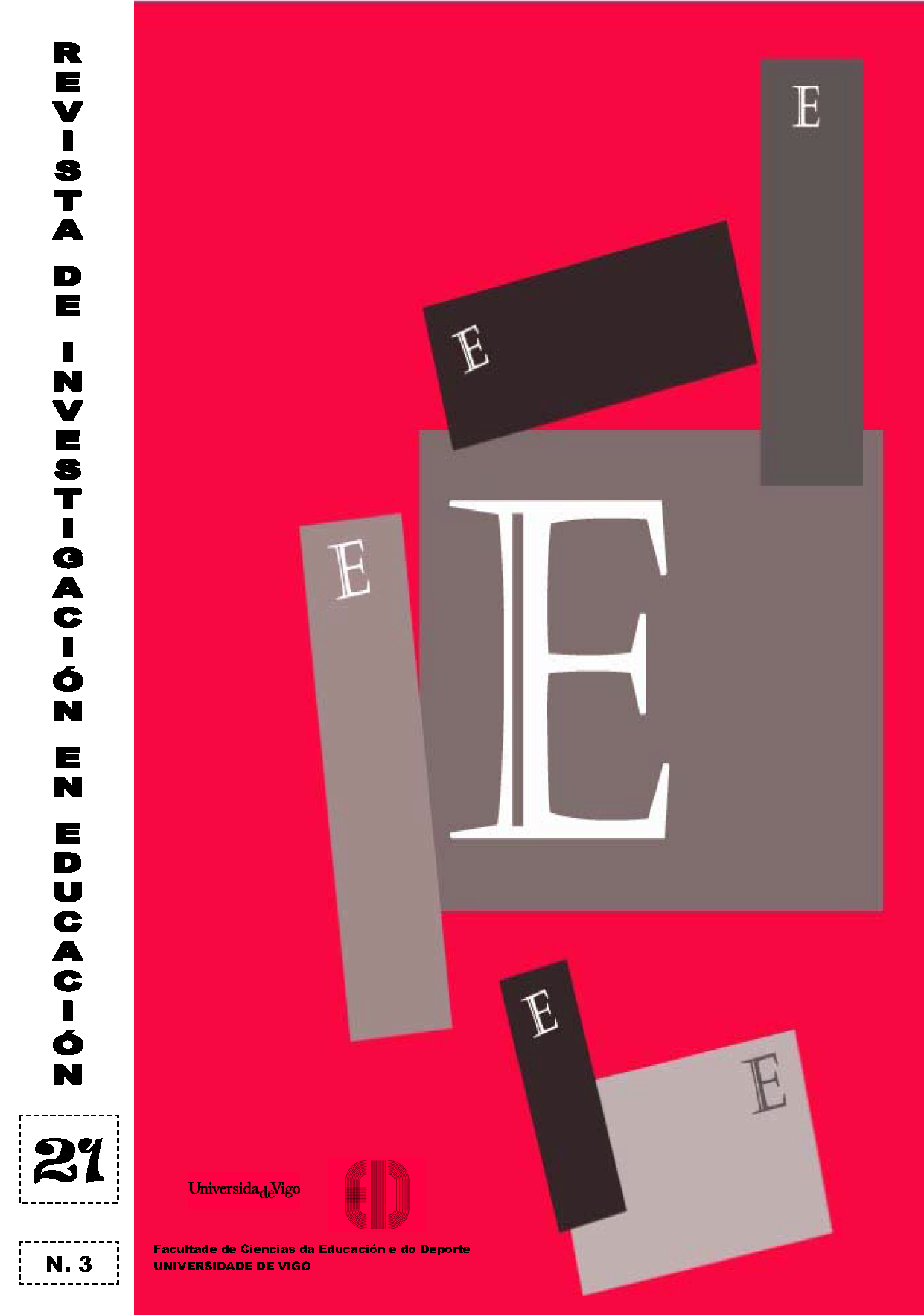ChatGPT has arrived! What do we do now? Creativity, our last refuge
DOI:
https://doi.org/10.35869/reined.v21i3.4973Keywords:
Artificial Intelligence, ChatGPT, Higher EducationAbstract
Artificial intelligence, and specifically applications such as ChatGPT, is causing a disruptive change that threatens the “expertise” of professional activities of a technical, scientific and intellectual nature. The generalization and ease of access to artificial intelligence systems will render irrelevant part of the knowledge of professionals who have been trained at the university and who develop their professional activity in fields as diverse as literature, law or engineering. For this reason, universities must adapt and integrate artificial intelligence systems in the student training process, evaluation systems and in the professional activity of teachers and researchers.
This article analyzes the disruptive changes that artificial intelligence will cause in the university, both in the teaching and research activities of the university professors. Codes of ethical behavior will have to be reinforced to prevent fraudulent use. The vision given is optimistic and full of opportunities. Artificial intelligence, far from being a problem, will cause critical thinking or the ability to solve problems to enter another dimension. Tedious tasks, such as writing, calculating, drawing and structuring, will be carried out by artificial intelligence and the enormous cognitive capacity that human beings have can be used for tasks related to creativity and innovation.
Downloads
Downloads
Published
Issue
Section
License
Copyright (c) 2023 Revista de Investigación en Educación

This work is licensed under a Creative Commons Attribution-NonCommercial-NoDerivatives 4.0 International License.
The acceptance of the papers for publication, means that the printing and reproduction rights are owned by the journal. The conditions of use and reuse of content are those established in the Creative Commons CC BY-NC-ND 4.0 license.



